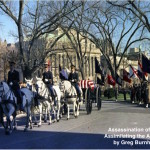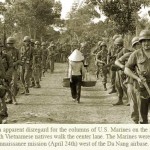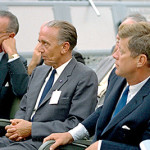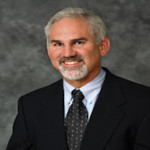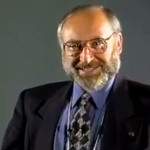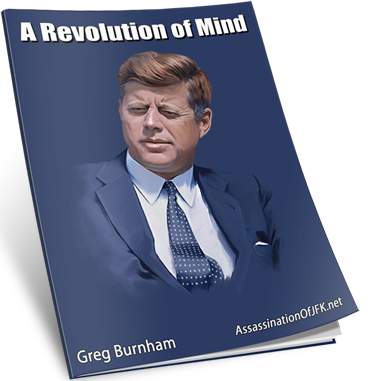
Earlier this year I underwent a major surgery, thankfully from which I am now almost fully recovered. But last year when John Judge and I first spoke about my presenting material here at COPA for the 50th anniversary I didnʼt yet know that I was going to need surgery; nor did I realize just how challenging and time consuming my recovery from it would be. A few months ago it finally became evident that not only would I be able to attend the conference, but that I would also be physically capable of presenting more of my work.
So, Iʼd like to thank John for having me and thanks to all of you for attending. Originally, I was only planning to give a long overdue presentation regarding the Sabotaged Bay of Pigs invasion. Wait…did I just say “sabotaged”? – Yeah, I did. Not failed, sabotaged. Then, on second thought, rather than me offering up my analysis of an unsuccessful Cuban coup d’é·tat as though it had occurred in a vacuum, I instead decided on a topic that would incorporate the Bay of Pigs in a manner better suited to the momentous occasion of the 50th anniversary of a successful American coup d’é·tat.
This was much more challenging than presenting my thesis on the sabotaged Bay of Pigs invasion by itself; or, for that matter, presenting on Kennedyʼs strained relationship with his own military, or on his newly evolving Civil Rights policies, or on the implications of his having offered an olive branch to Nikita Khrushchev, or on his decision to withdraw all troops and personnel from Vietnam by the end of 1965. Each one of these topics, by themselves, is worthy of more attention…just not right now.
Those who know me well and are familiar with my work were not terribly surprised to find out that I wasnʼt even slightly tempted to pursue a genealogical background check on one Lee Harvey Oswald, or seek to positively identify the so-called three tramps, or definitively rule in or rule out a host of federal agencies, or otherwise engage in a parlor game called: “I think I know who done it”.
Less offensive than that last pursuit, but equally inadequate to this occasion, was the suggestion that I share new evidence of ongoing campaigns to obstruct justice that are still being carried out both by agencies of the government and by prominent members of the media—some of whom claim to be earnest researchers. But, I even passed on that—and on them—and that wasnʼt easy.
But, you see, Ladies and Gentlemen, the United States of America was born 237 years ago, on July 4th, 1776 and 50 years ago, on November 22nd, 1963 it was murdered. It was 187 years, 4 months, and 18 days old—and, as far as nations go—it was still just an infant. In his speech to the United Auto Workers of May 8th, 1962 John F. Kennedy, quoted former president, Harry Truman, when he said:
“There are 14 or 15 million Americans who have the resources to have representatives in Washington to protect their interests, and that the interests of the great mass of the other people – the 150 or 160 million – is the responsibility of the President of the United States, and I propose to fulfill it.”
In the post WWII America of 1963 the viability of the Executive Branch of the United States Government could have been appropriately defined by how well the above responsibility was met by the President of the United States. Indeed, in order to fulfill his sworn oath to protect, preserve, and defend the Constitution the president would necessarily take on the responsibility to safeguard the interests delineated in that portion of the Constitution most closely associated with individual freedoms: The Bill of Rights.
There is a proper place for a federal government within the context of a democratic republic as laid out in our constitution. Indeed, there is a necessity for it. Although such necessity is an inevitable consequence of maintaining a Union, the undesirable side effects associated therewith must be mitigated else they will threaten to destroy the very liberty for which they were designed to preserve. And, arguably, the environment most threatening to liberty exists during times of war. Not solely due to the imminent threat of a hostile foreign government, but also because—only then—are patriotic citizens willing to sacrifice personal freedoms out of perceived necessity.
Our founding fathers recognized these challenges to freedom, as they were all too evident. Because England would have succeeded in regaining control of the 13 colonies unless met with sufficient resistance, our ability to organize our defense in a unified manner through a federalization of forces was of paramount importance.
